**Introduction**
Canine diarrhea is a common ailment that can be caused by a variety of factors. Understanding the underlying causes of diarrhea in dogs is crucial for effective prevention and treatment. This comprehensive article explores the ten most prevalent causes of dog diarrhea, including dietary indiscretions, infections, parasites, and allergies. Each cause is discussed in detail, covering its symptoms, prevention tips, and treatment options. Additionally, the article emphasizes the importance of early diagnosis and prompt treatment, and provides practical advice on how to prevent diarrhea in dogs. By delving into the causes, management, and prevention of dog diarrhea, pet owners can gain valuable insights into maintaining the digestive health of their furry companions.
Common Causes of Dog Diarrhea
Diarrhea is a prevalent condition in dogs, characterized by loose, watery stools. Understanding the underlying causes is crucial for effective diagnosis and treatment. This section explores the ten most common causes of dog diarrhea:
Dietary Changes
Sudden changes in diet can disrupt the delicate balance of the digestive system, leading to diarrhea. Introducing new foods too quickly or administering table scraps can cause gastrointestinal upset. Avoid abrupt dietary modifications and gradually transition your dog to any new food within a few days.
Infectious Agents
Viral, bacterial, and parasitic infections can cause severe diarrhea in dogs. Parvovirus, distemper, and canine coronavirus are common viral culprits. Bacterial infections such as Salmonella, Clostridium, and E. coli are also frequent causes. Prompt veterinary attention is necessary for proper diagnosis and treatment of infectious diarrhea.
Parasites
Internal parasites like roundworms, hookworms, whipworms, and coccidia can infest the digestive tract and cause diarrhea with symptoms varying depending on the type of parasite. Regular deworming and proper sanitation practices are crucial for preventing parasitic infections.
Allergies
Certain dogs may develop allergies to specific foods, environmental triggers, or even certain medications. Allergic reactions can manifest as digestive upset, including diarrhea. Identifying and avoiding allergens is essential for managing allergy-induced diarrhea.
Inflammatory Bowel Disease (IBD)
IBD is a chronic condition characterized by inflammation of the digestive tract. It can cause intermittent or persistent diarrhea, often accompanied by other symptoms like vomiting, weight loss, and lethargy. Veterinary diagnosis and ongoing management are necessary for dogs with IBD.
Exocrine Pancreatic Insufficiency (EPI)
EPI occurs when the pancreas fails to produce enough digestive enzymes. This deficiency can lead to malabsorption, resulting in chronic diarrhea. Treatment involves enzyme replacement therapy and dietary modifications.
Irritable Bowel Syndrome (IBS)
IBS is a functional disorder that affects the large intestine. It is often diagnosed when other causes of diarrhea have been ruled out. IBS can cause recurrent episodes of diarrhea, often related to stress or dietary triggers.
Stress
Emotional stress can trigger diarrhea in some dogs, particularly those with sensitive digestive systems. Anxiety, travel, and changes in routine can all contribute to stress-induced diarrhea.
Medications
Certain medications, including antibiotics, chemotherapy drugs, and anti-inflammatories, can cause diarrhea as a side effect. Some over-the-counter medications, such as antacids containing magnesium hydroxide, can also lead to digestive upset.
Toxins
Dogs exploring their surroundings may ingest toxic substances that can cause severe diarrhea. Household hazards like cleaning products, antifreeze, and pesticides pose a threat to canine health. Prevention is essential by keeping toxic substances out of reach.
The #1 Free Source for Pitbull & Bully Pedigrees!
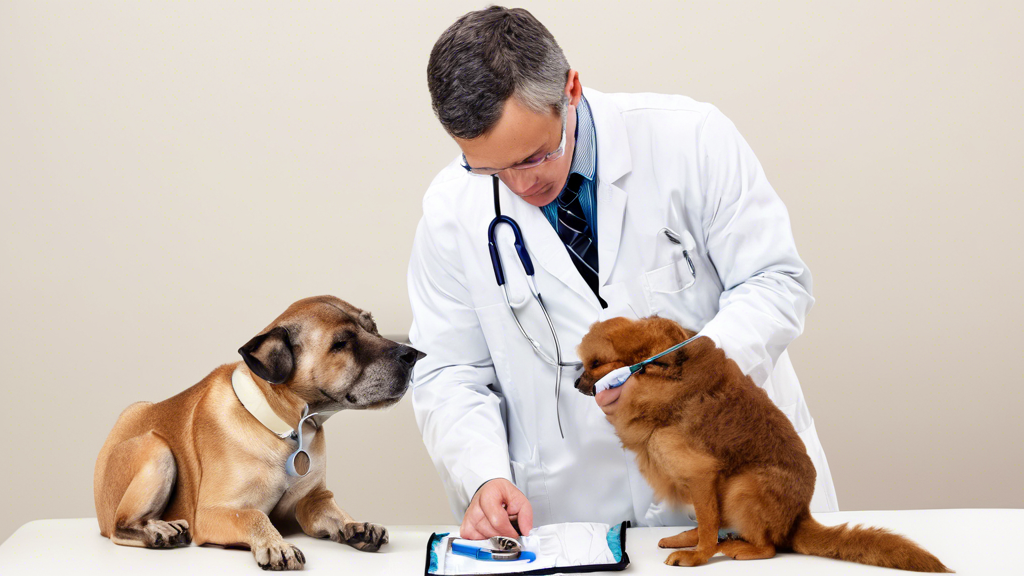
## 2. Management and Prevention of Dog Diarrhea
Importance of Early Diagnosis and Treatment
Prompt diagnosis and appropriate treatment are crucial to alleviate discomfort, prevent dehydration, and address the underlying cause effectively. If your dog experiences persistent diarrhea, seek veterinary attention immediately.
Prevention Tips
**Maintain a Consistent Diet:**
– Avoid sudden dietary changes that can disrupt digestive balance.
– Feed your dog a high-quality diet with premium ingredients that are easily digestible.
– Introduce new foods gradually and observe for any adverse reactions.
**Avoid Toxic Substances:**
– Keep your dog away from poisonous plants, chemicals, and spoiled foods.
– Secure medications and cleaning products out of reach.
**Regular Veterinary Check-ups:**
– Schedule regular veterinary exams to detect potential health issues, including digestive disorders, early on.
– Follow vaccination protocols to protect your dog from infectious causes of diarrhea.
Supplements for Digestive Health
**Probiotics:**
– Beneficial bacteria that support a healthy intestinal environment.
– Probiotics can aid in digestion, enhance immune function, and reduce inflammation.
**Prebiotics:**
– Non-digestible fibers that act as food for beneficial bacteria in the gut.
– Prebiotics promote the growth of probiotics and improve digestive balance.
**Other Supplements:**
– Dietary enzymes can help break down nutrients more efficiently.
– Digestive aids like activated charcoal or pectin can absorb toxins and reduce diarrhea severity.
**Note:** Consult with a veterinarian before administering any supplements to your dog.
**Conclusion**
Dog diarrhea is a common problem that can be caused by a variety of factors. By understanding the most common causes, you can take steps to prevent and treat diarrhea in your dog. If your dog has diarrhea, it is important to take them to the vet for diagnosis and treatment. Early diagnosis and treatment can help to prevent serious complications.
Here are some key takeaways:
* The most common causes of dog diarrhea include dietary changes, infections, parasites, and allergies.
* Diarrhea can be a sign of a serious underlying condition, so it is important to take your dog to the vet if they have diarrhea.
* There are a number of things you can do to prevent diarrhea in dogs, such as maintaining a consistent diet, avoiding toxic substances, and scheduling regular veterinary check-ups.
* Probiotics and other supplements can help to support digestive health and prevent diarrhea.
By following these tips, you can help to keep your dog healthy and free from diarrhea.




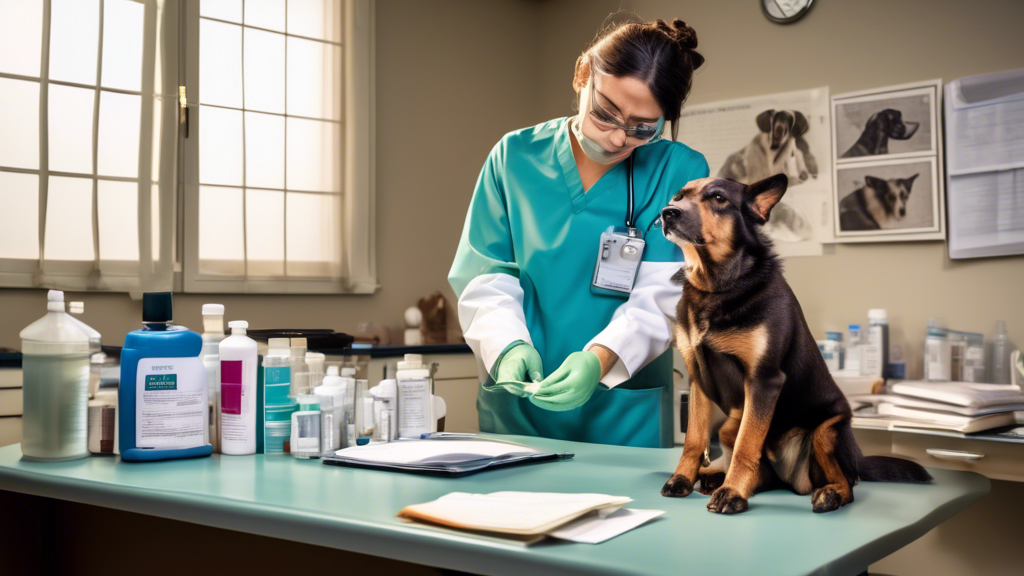
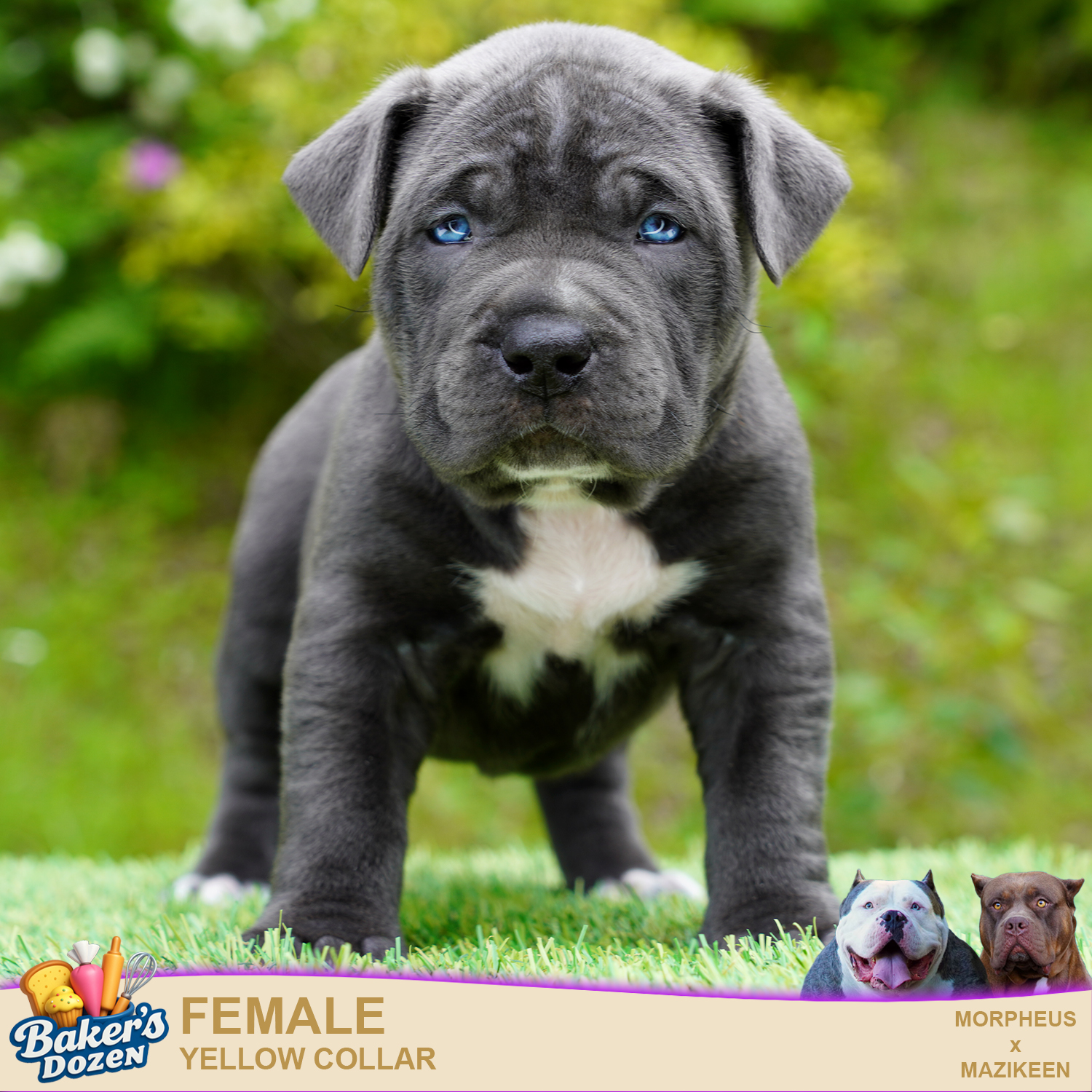


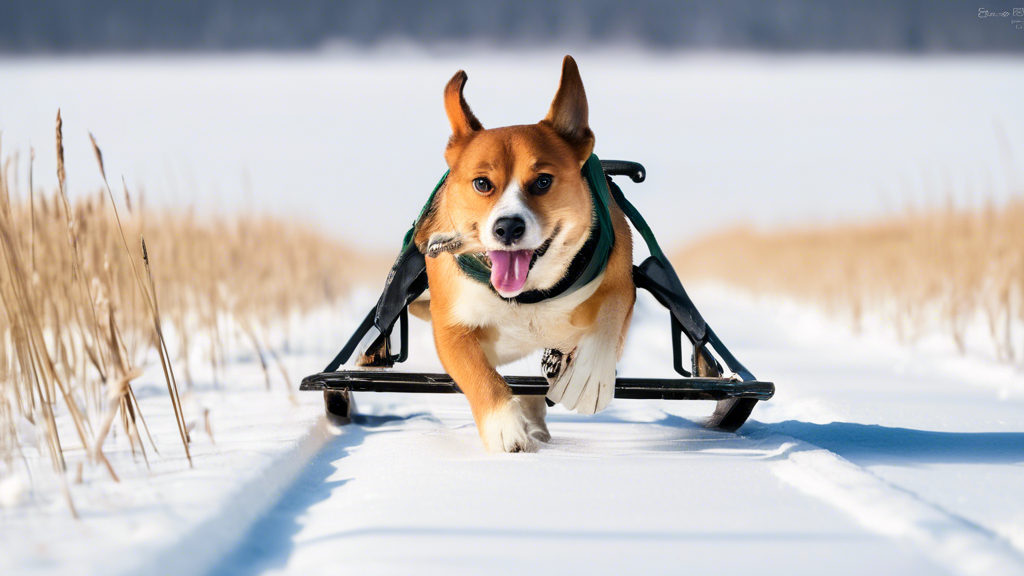
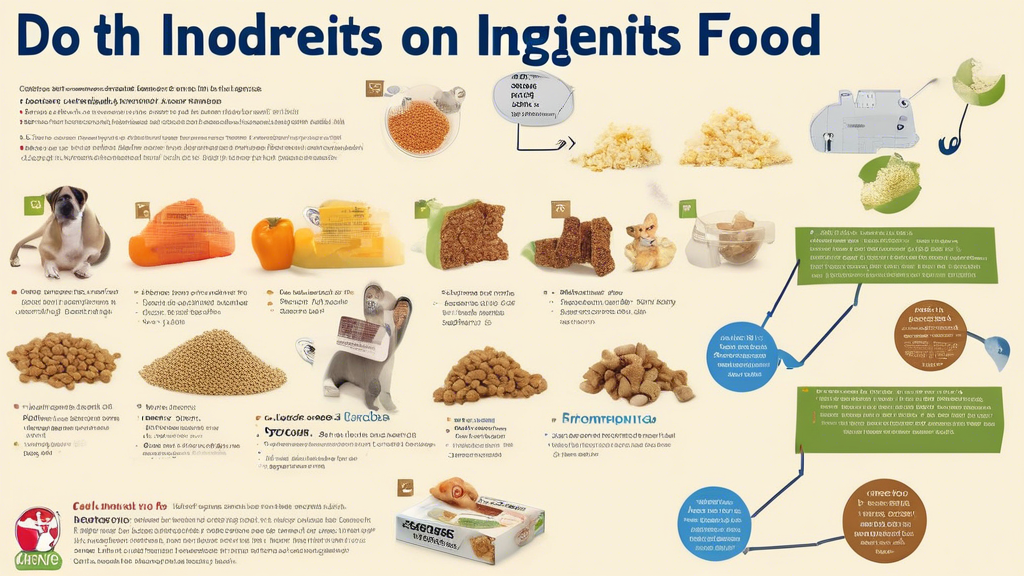
Leave A Comment